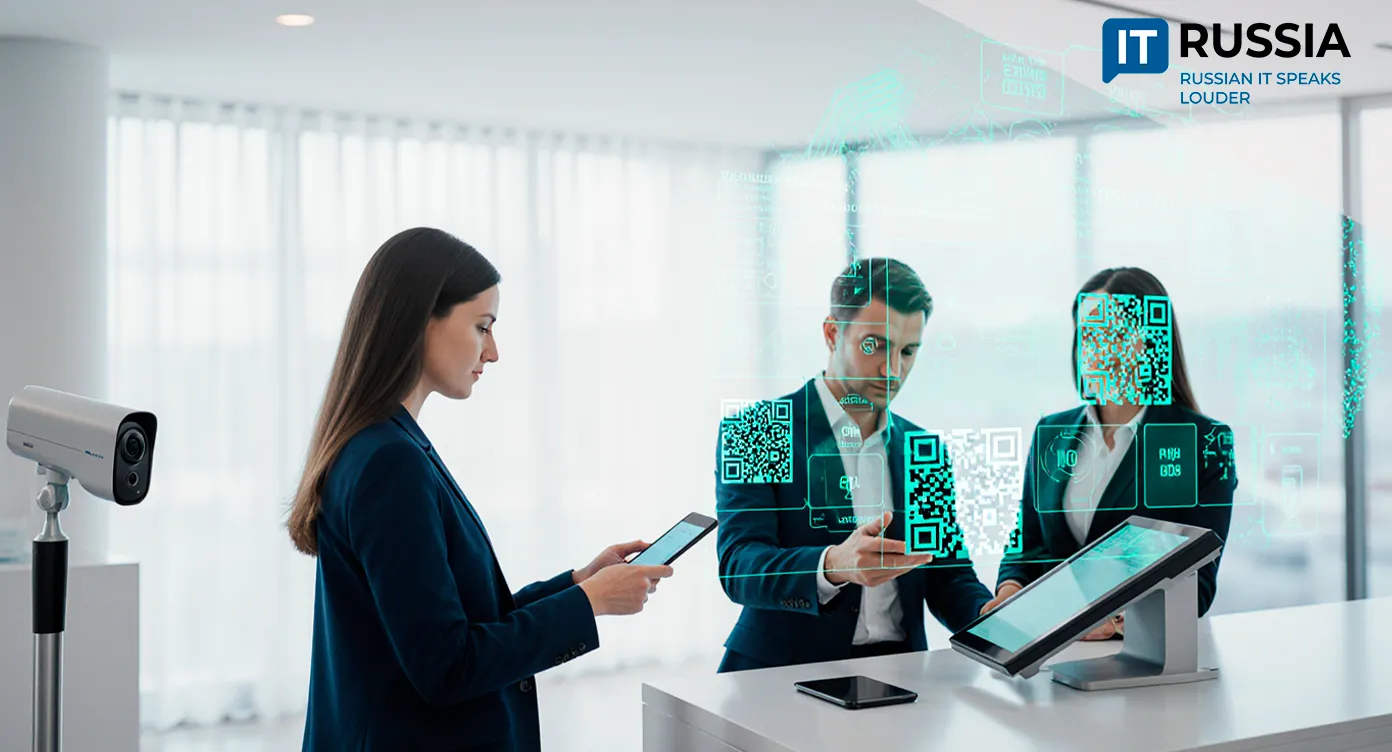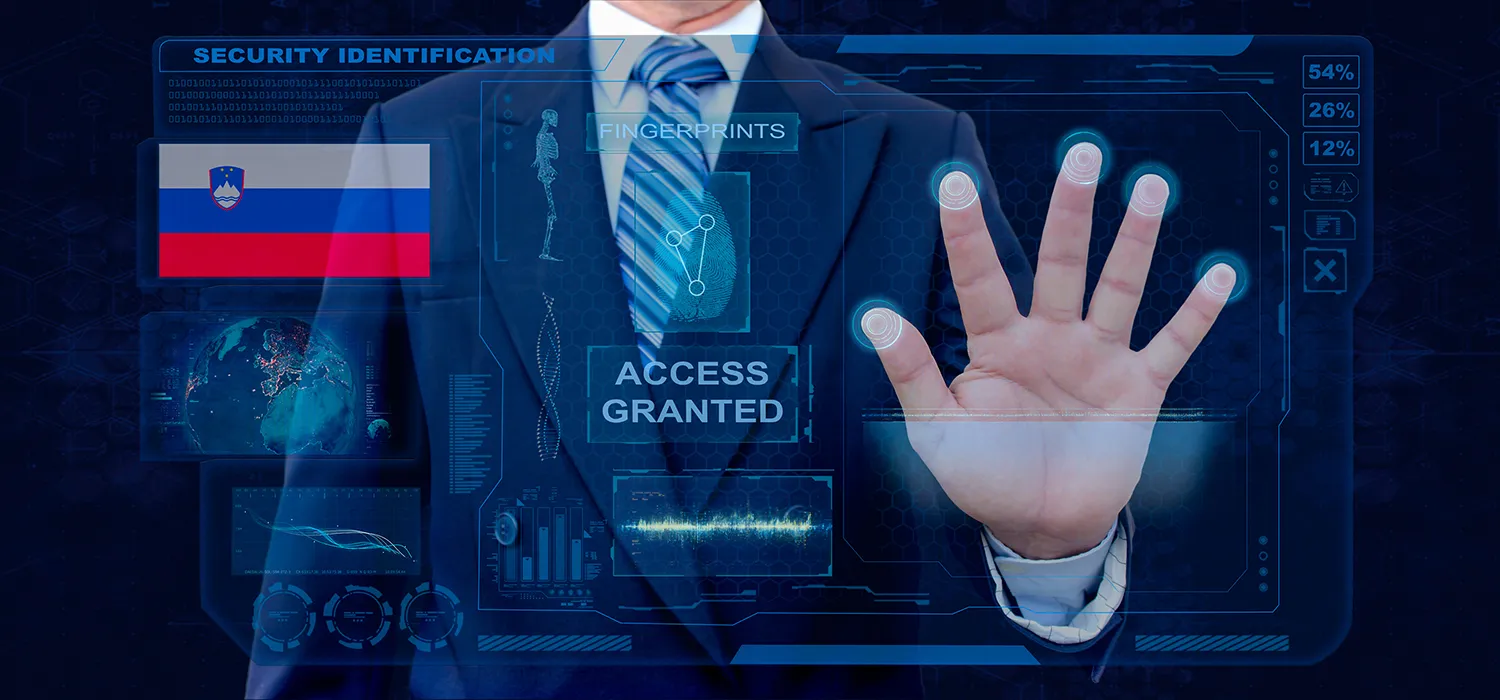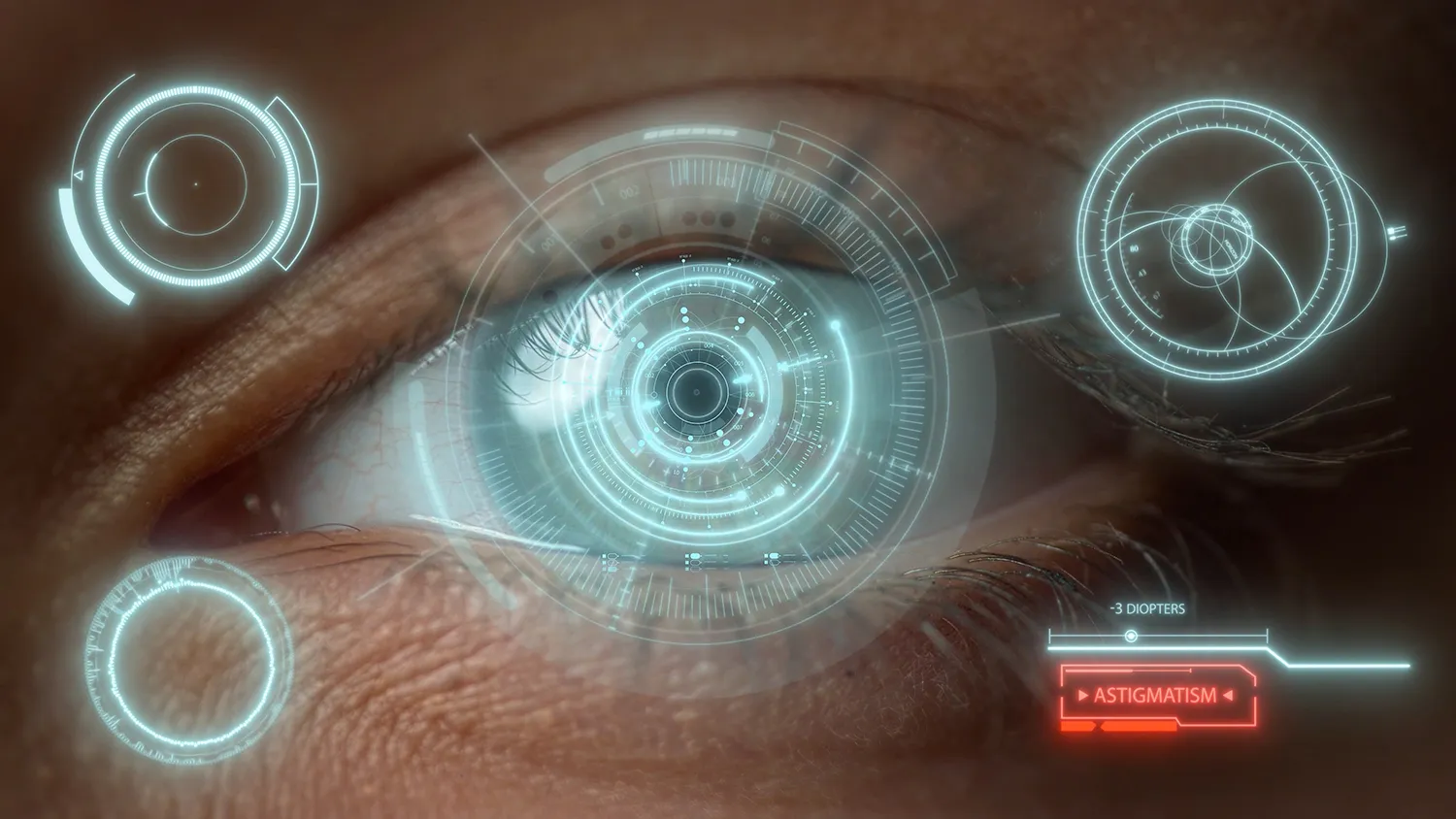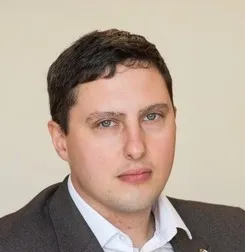Nizhny Novgorod Service Centers Move to New Technologies
New digital services are reshaping how residents in the Nizhny Novgorod region access government programs. Officials say these solutions could soon expand to other parts of Russia, offering citizens faster and more convenient interactions with public institutions.

Service Centers Become More User-Friendly
Multifunctional centers (MFCs) in Russia continue to showcase how new technologies can transform government services. According to Svetlana Musarskaya, director of the Nizhny Novgorod MFC, recent innovations include a voice assistant, the QR-based “GosQR” service, unified biometric identification, and notifications about document readiness sent via social networks and messengers.
The voice assistant provides automated reference information and support with the option to connect to a live operator. “GosQR” speeds up data transfer from the national Gosuslugi portal when citizens visit an MFC—already used more than 126,000 times. Unified biometrics, currently deployed in the Moscow and Kanavinsky district MFCs, allows residents to log in without a passport by simply looking into a camera. The technology is set to expand to 16 additional centers. Notifications through VKontakte, the MAX messenger, or SMS ensure that people are informed quickly about the status of their documents. Another tool, the “Life Situations” model, enables citizens to complete several interrelated services in a single visit.

The project aims to accelerate and optimize access to government services while simplifying citizen-government interaction. Residents in the Nizhny Novgorod region already value being able to get services online without gathering piles of paperwork. These innovations not only bring advanced technology to the region but also improve citizen satisfaction. The case may serve as a model for other Russian regions, strengthening the nationwide ecosystem of government digital platforms.
“Life Situations” Across Sectors
While exporting these solutions abroad is unlikely, given their deep integration with the Russian Gosuslugi ecosystem, the project is highly relevant domestically. Similar technologies could be replicated across Russia, from biometric verification in all MFCs to expanded use of messaging platforms and social networks for government communication.
The “Life Situations” service has wide-ranging potential, covering areas such as taxation, family services, and more. Comparable solutions may also integrate Gosuslugi with national projects—such as “Government for People”—and with Centers for Public Administration (TsUR).

Step-by-Step Automation
The pilot of biometric service in Nizhny Novgorod MFCs began in 2022. Ongoing upgrades to Gosuslugi and mobile services between 2020 and 2023 introduced online appointments and virtual accounts. By 2021–2024, service centers began automating help desks with chatbots and virtual assistants. In the past two to three years, the “Life Situations” model has become a standard feature, bundling related services into a single workflow. Comparable practices are already being adopted in other Russian regions.
Convenience and Mobility
Thanks to these projects, government services in the Nizhny Novgorod region are becoming more mobile and accessible. Pilot solutions have already proven effective. By the end of this year, biometric services are expected to expand to more MFCs, while the share of services available fully online will grow. In the medium term, MFCs may move to a fully paperless mode of operation, with social networks and messengers integrated into notification systems. Large-scale adoption across Russia is also possible.

Looking further ahead, officials anticipate that Gosuslugi platforms, MFCs, and TsUR centers will merge into a single ecosystem, offering even greater convenience for citizens. The next step could be proactive services—reminders and recommendations that reach residents before they even apply.










































